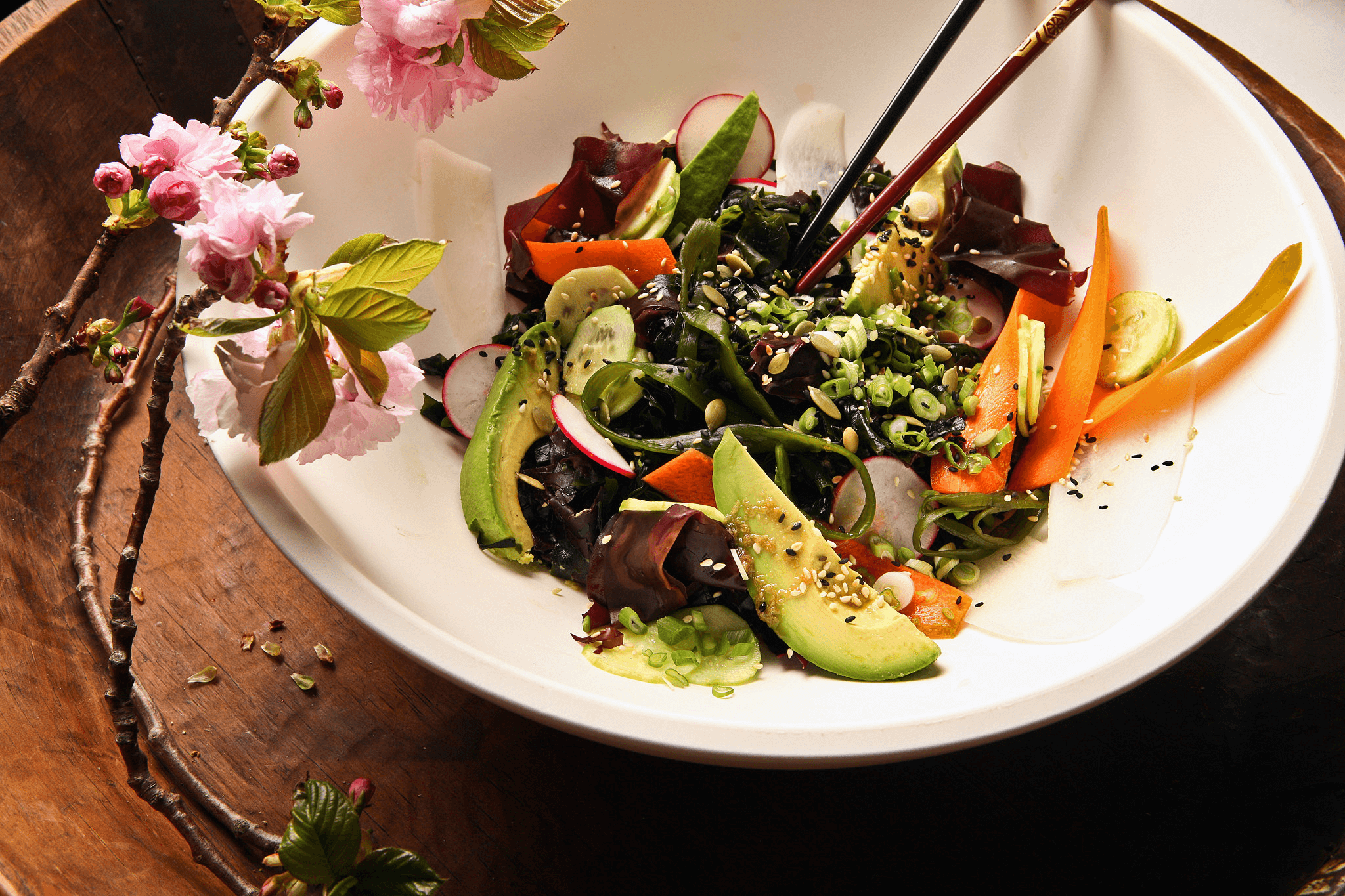Ocean Protection
.jpg)

Ocean protection is essential for climate stability, biodiversity, and human survival. The ocean generates most of our oxygen, regulates global temperatures, and absorbs 25-30% of CO₂ emissions through blue carbon ecosystems like seagrass meadows, mangroves, and kelp forests. From combating plastic pollution and overfishing to supporting seaweed farming and marine protected areas, ocean conservation requires urgent action. Learn how to protect marine ecosystems, advocate for sustainable fisheries, restore coastal habitats, and support just transitions for coastal communities—while preserving the cultural heritage that connects people to the sea.
































.jpg)
.jpg)
.jpg)







